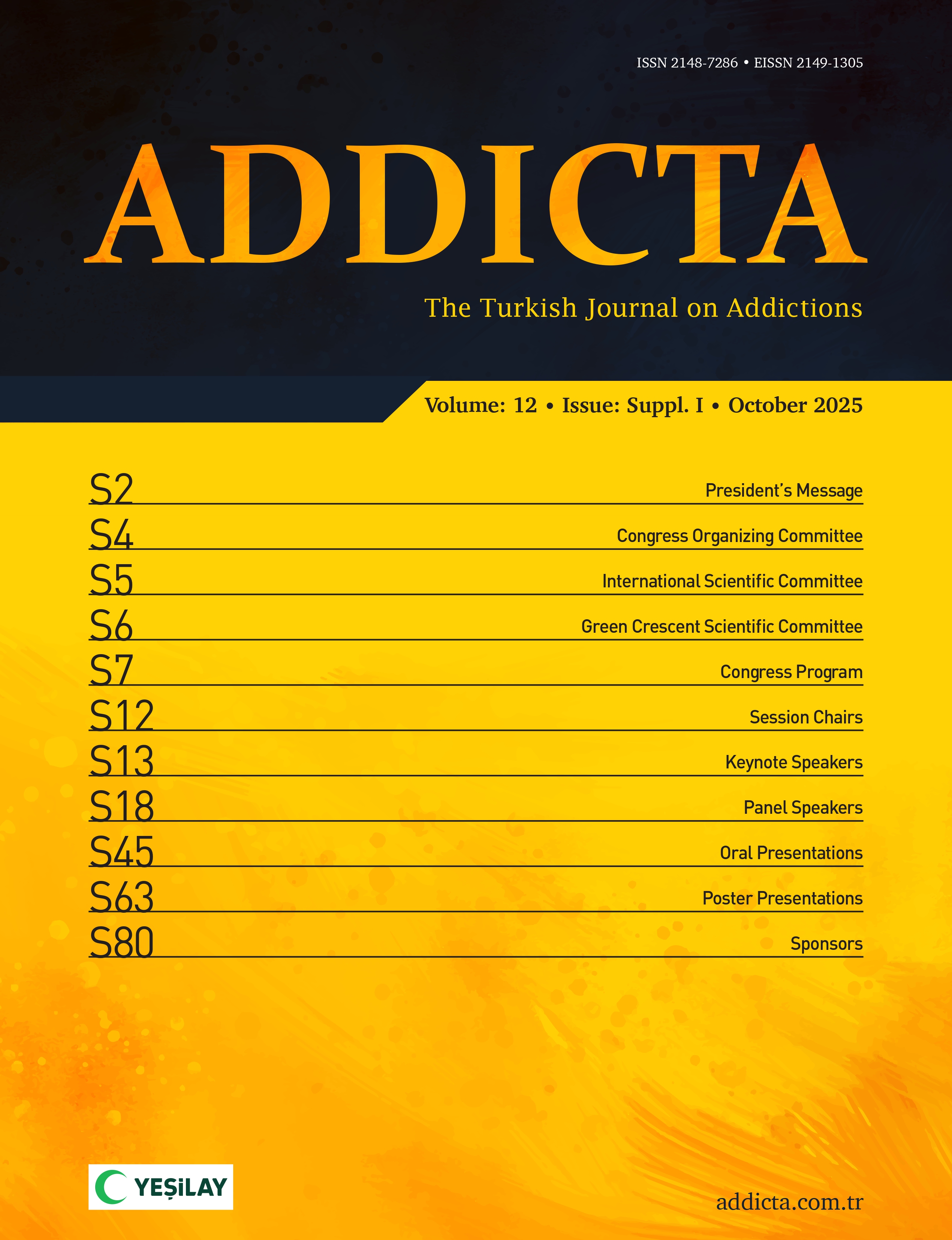Screen time defines the time spent in front of television, mobile phone, tablet, computer, and game consoles. Rumination is a transdiagnostic process that has been reported to mediate problematic technology use and is closely related to sluggish cognitive tempo. Sluggish cognitive tempo is frequently associated with psycho-logical disorders known to affect screen time. In this study, it was aimed to examine intrapersonal predic- tors of screen time and whether sluggish cognitive tempo is among these predictors. 104 female and 60 male adolescents with mean ages of 14.39 ± 1.39 and 13.87 ± 1.96, respectively, participated in the study. Data on screen time and possible predictors were collected from parents and adolescents and analyzed by linear regression analysis. The mean screen time of participants was 8.05 ± 2.18 hours. Correlations between screen time and intrapersonal factors including emotional problems, prosocial behaviors, inattention, hyperactiv- ity, and sluggish cognitive tempo were found to be significant. According to the regression analysis, sluggish cognitive tempo explained 7.2% of screen time. While this study supports the existing literature that inatten- tion, hyperactivity, social, and emotional problems predict screen time, it also revealed for the first time that sluggish cognitive tempo is among the predictors of screen time as a transdiagnostic dimension.
Cite this article as: Gözpınar, N., & Görmez, V. (2022). An investigation of intrapersonal predictors of daily screen time: Is sluggish cognitive tempo a potential predictor? Addicta: The Turkish Journal on Addictions, 9(2), 182-188.

.png)

.png)
.png)
